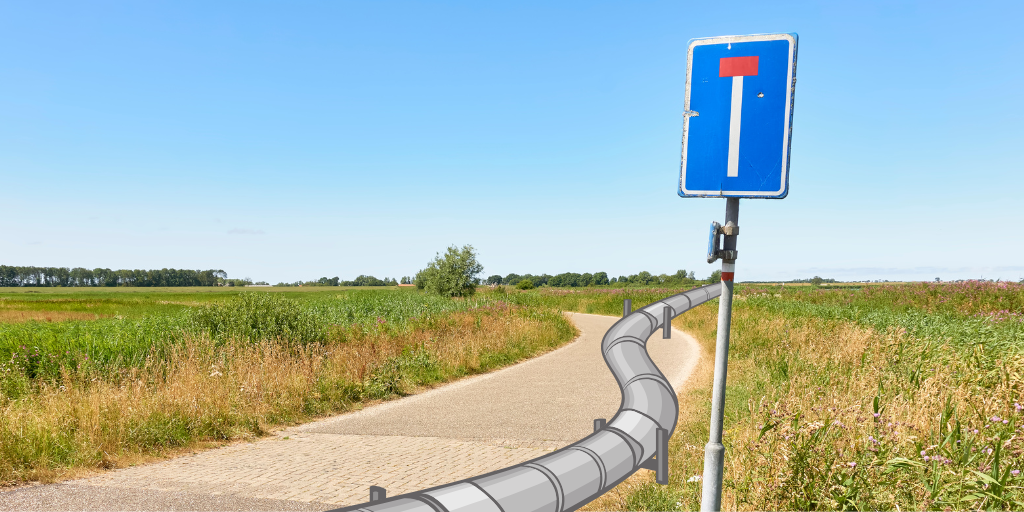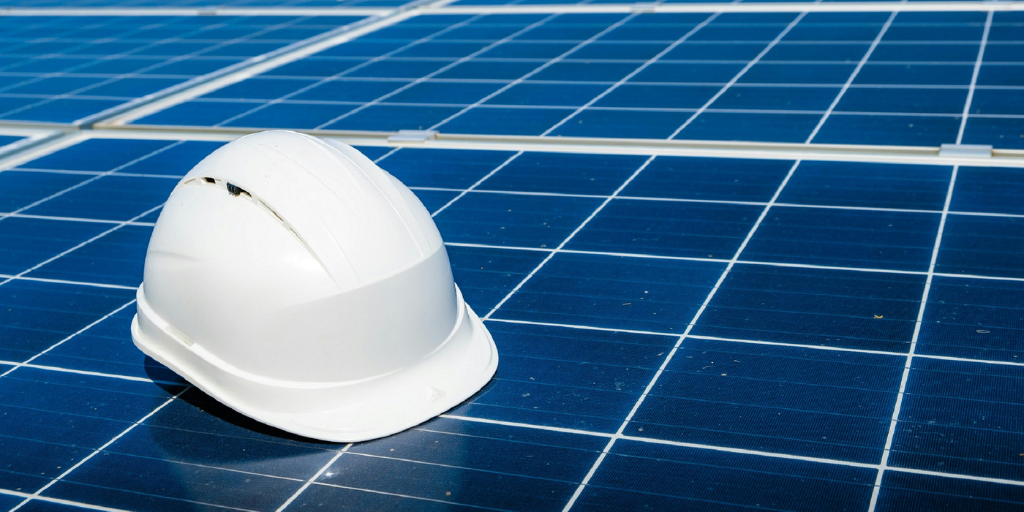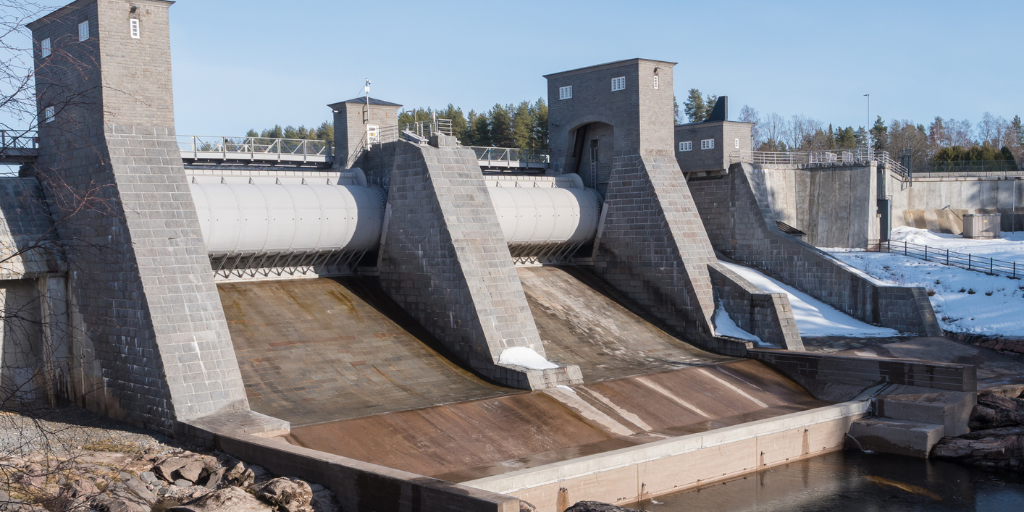The Romanian government is pursuing an increasingly contradictory energy strategy. On the one hand, it is preparing to heavily exploit Black Sea gas to increase consumption and drive industrial growth. On the other, it must meet ambitious targets for renewable energy, decarbonisation and energy consumption.
Hungary’s energy transition at risk due to missed EU milestones
December 29, 2025 | Read more
Hungary is moving to scale back its national recovery and resilience plan, reflecting the government’s struggles to complete the reforms and investments required by the European Commission under the Recovery and Resilience Facility by the end of August 2026.
Kyrgyzstan is promoting the massive 1,860 MW Kambarata-1 Hydropower Plant (HPP) as a solution to its ongoing energy crisis. The project, a joint effort with Uzbekistan and Kazakhstan on Naryn River, is actively seeking funding from international financial institutions like the World Bank, the European Bank for Reconstruction and Development (EBRD) and the European Investment Bank (EIB).
The ‘do no significant harm’ (DNSH) principle is supposed to prevent EU funds from being invested in projects that harm the environment and undermine climate action. Though the principle is meant to increase awareness of the importance of environmental aspects in EU-funded projects, weak and incoherent implementation has hampered its effectiveness across the EU. Lessons learnt in Poland, the largest beneficiary of EU funds, can help improve the application of the ‘do no significant harm’ principle in the next EU long-term budget.
Ukraine Facility’s next chapter: From patchwork to principles
December 9, 2025 | Read more
As the EU looks ahead to rebuilding and integrating Ukraine, the design of its support instruments under the next Multiannual Financial Framework (2028–2034) will shape not only reconstruction on the ground, but also the credibility and long-term sustainability of EU policies.
For years, concerns have been raised about the Almaty International Airport Extension Project which is being financed by the European Bank for Reconstruction and Development (EBRD). Locals question the inadequate protection of cultural heritage and a lack of public participation and access to information. To address this, a formal complaint was recently filed with the Independent Project Accountability Mechanism (IPAM), and the outcome of a compliance review is pending.






